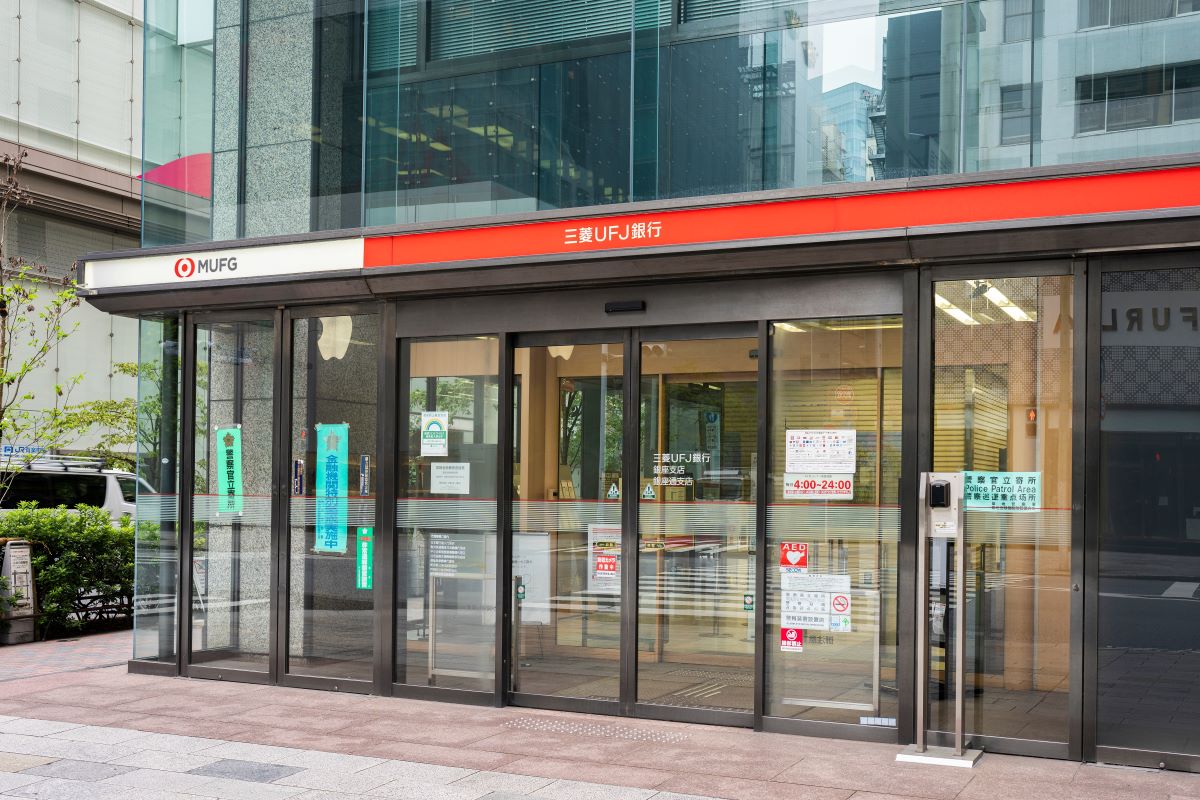The Asian banking sector, supported by rapid technological advancements and strong regional economic growth, is becoming an attractive prospect for investors.
In 2021, the Asia-Pacific banks industry boasted total assets amounting to $84.29 tn, signifying a CAGR of 7.6% between 2016 and 2021.
This trend holds the promise of further escalation in the coming years because approximately half of Southeast Asia’s adult population remains without access to conventional banking services. Experts anticipate that the rapid adoption of digital banking is poised to play a pivotal role in closing this accessibility gap.
“Neobanks such as Vietnam’s Timo and the Philippines’ Tonik are leading the charge, providing digital-only services tailored to the needs of the unbanked and underbanked populations. With just a smartphone, individuals in remote areas can open accounts, conduct money transfers, and apply for credit,” writes Vikas Pershad, portfolio manager in M&G’s Asia Pacific equity team.
Additionally, he believes that Asia’s private sector banks not only embody robust businesses but also serve as compelling investment opportunities for discerning investors. Spanning countries from India to Japan, these banks exhibit rock-solid capitalisation, minimal systemic stress, and robust credit extension rates, adds Pershad.
Furthermore, Asian banking underwent a transformation in the wake of the global financial crisis of 2007-09. Preceding the crisis, local banks were primarily responsible for around one-third of the region’s overseas lending. Now, they take part in more than half of these lending activities.
However, challenges persist in the sector. “We anticipate Asia-Pacific banks’ credit losses will climb by 7% to $485 bn in 2023, and then by a further 9% to $528 bn in 2024…Weakness in commercial real estate markets accelerates, ultimately hurting banks’ asset quality,” said S&P Global.
How to invest in Asian banking stocks?
In light of the positive developments in the Asian banking sector, here is a compilation of three banking stocks within the region that may pique the interest of investors.
MUFG Bank
MUFG Bank, formerly known as The Bank of Tokyo-Mitsubishi UFJ, is the largest Japanese bank and a subsidiary of Mitsubishi UFJ Financial Group. It has a significant presence both in Japan and internationally. It operates with 772 domestic branches and 76 overseas branches in 40 countries.
In the fiscal year ended March 2023, the bank’s gross profit was 4.5 tn yen ($30.23 bn), up by 13.6% year-on-year, while its profits attributable to owners of parent stood at 1.12 tn yen ($7.52 bn), down by 1.3% as compared to the same period last year. Also, the bank’s total assets last year rose by 9.81% year-on-year to 293.9 tn yen ($1.96 tn).
The Mitsubishi UFJ Financial Group’s stock has a market cap of $101.58 bn. It is listed on the Tokyo Stock Exchange (TYO: 8306) and the New York Stock Exchange (NYSE: MUFG). Since last year, the group’s shares have gained 89.66%. Also, its shares have a PE ratio of 9.47, a forward PE ratio of 11.86, and a price-to-book ratio of 0.85.
“Fundamentally, Mitsubishi UFJ Financial has seen dramatically better ROE, driven in part by improving costs rather than leverage. Credit metrics are another positive, where low credit costs can remain for some time, given high credit costs in past periods and due to declining Loss NPLs from FY21 to 1Q24,” says analyst Daniel Tabbush of Tabbush Report, who publishes on Smartkarma.
DBS Bank
Headquartered in Singapore, this is the largest bank in Southeast Asia in terms of total assets. DBS Group Holdings is the parent group that owns and controls DBS Bank and its various subsidiaries.
The bank’s net profit in 2022 rose by 20% year-on-year to SGD 8.19 bn ($5.98 bn). Meanwhile, during this timeframe, DBS witnessed a 16% rise in total income from 2021, with the total amounting to SGD 16.5 bn ($12.04 bn). As for the total assets DBS Group Holdings, it rose by 8.3% to SGD 743 bn ($542.31 bn) in 2022.
Also, the group has a market cap of $62.42 bn. It has its stocks listed on the Singapore Exchange (SGX: D05). The group’s stocks have a PE ratio of 8.81, a forward PE ratio of 8.61, and a price-to-book ratio of 8.67.
Additionally, American Depository Receipts (ADRs) for DBS are listed on NASDAQ (OTCMKTS: DBSDY) and can be traded through over-the-counter transactions.
Shinhan Bank
Shinhan Bank, a subsidiary of the Shinhan Financial Group, is a South Korean financial institution headquartered in Seoul. Established as Hanseong Bank, Shinhan currently has 900 branches and 13,400 employees. It plays a significant role in South Korea’s banking sector, offering a wide range of financial services.
In 2022, the bank reported a consolidated net income of 4.64 tn won ($3.42 bn), marking a 15.5% year-on-year increase. During the same period, Shinhan’s consolidated group assets increased by 4.3% year-on-year to 675.88 tn won ($498.65 bn).
All in all, the Shinhan Financial Group has a market cap of $13.47 bn and is listed on the Korea Exchange (KRX: 055550) and the New York Stock Exchange (NYSE: SHG). The group’s stock has risen by 8.77% in the past year. It has a PE ratio of 4.41, a forward PE ratio of 3.82, and a price-to-book ratio of 0.34.
Editor’s note: All stock movement figures as of October 4, 2023.


 Australia
Australia China
China India
India Indonesia
Indonesia Japan
Japan Malaysia
Malaysia Philippines
Philippines Singapore
Singapore South Korea
South Korea Taiwan
Taiwan Thailand
Thailand Vietnam
Vietnam







